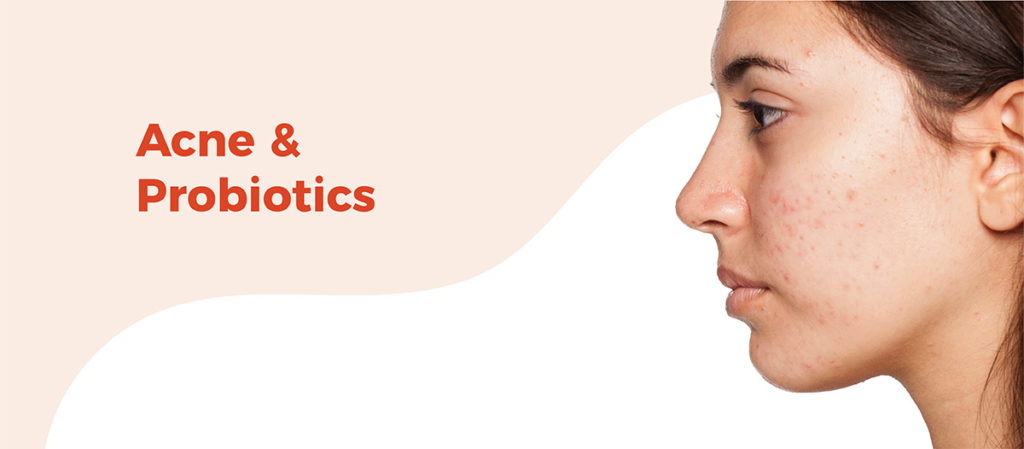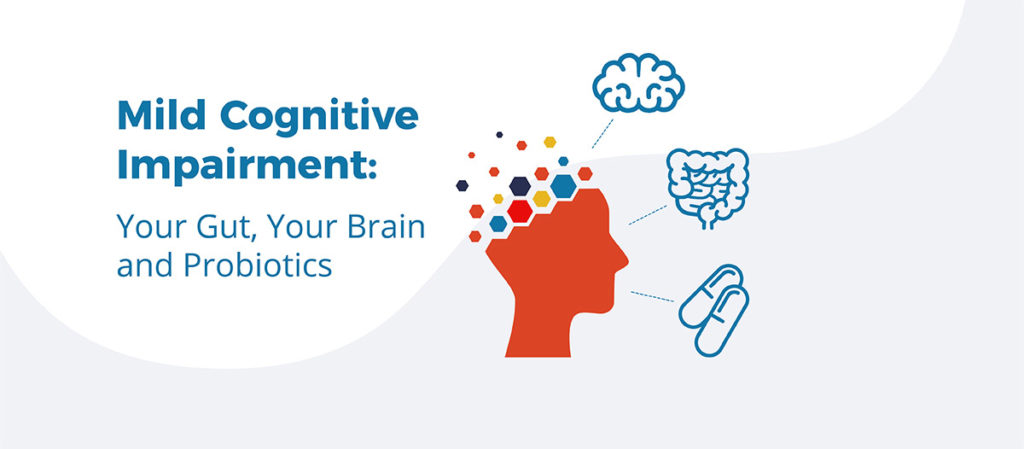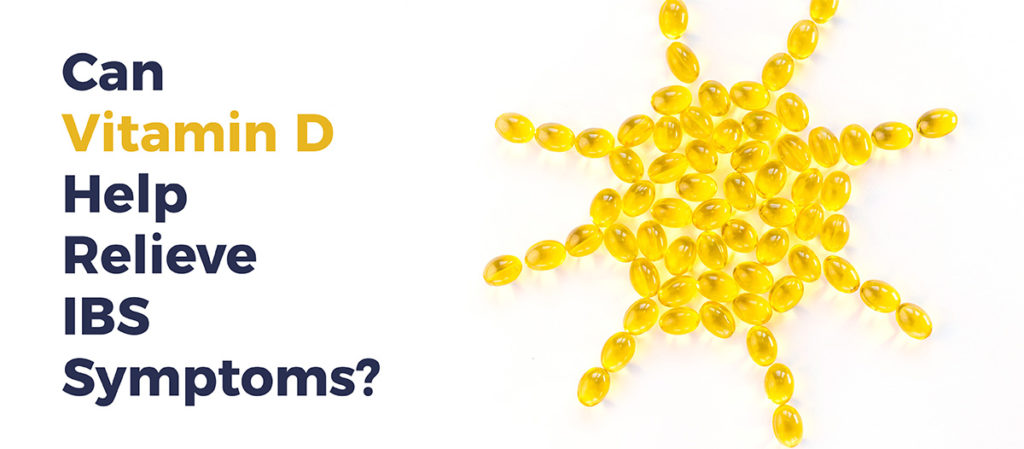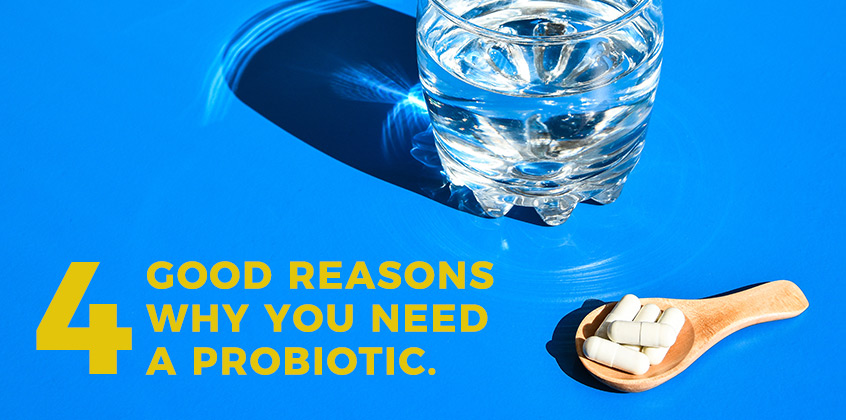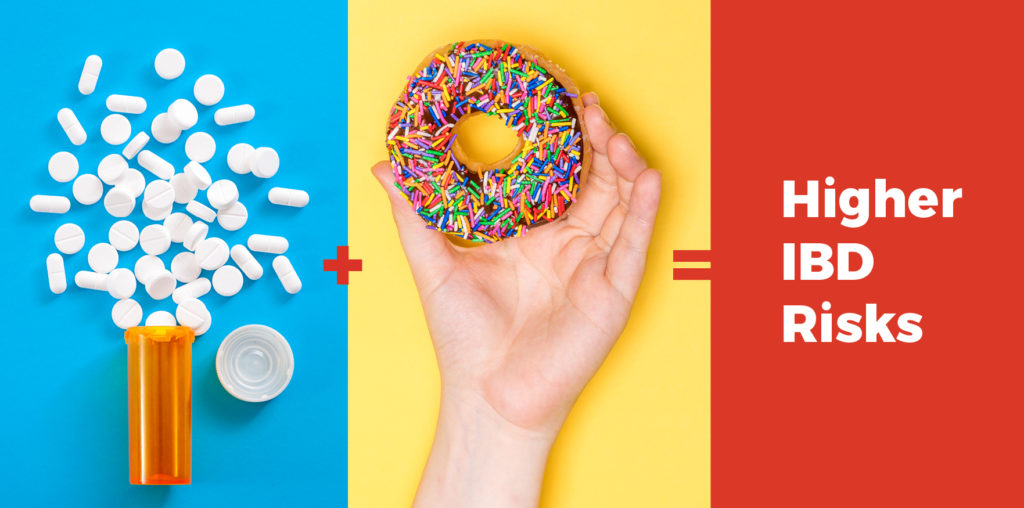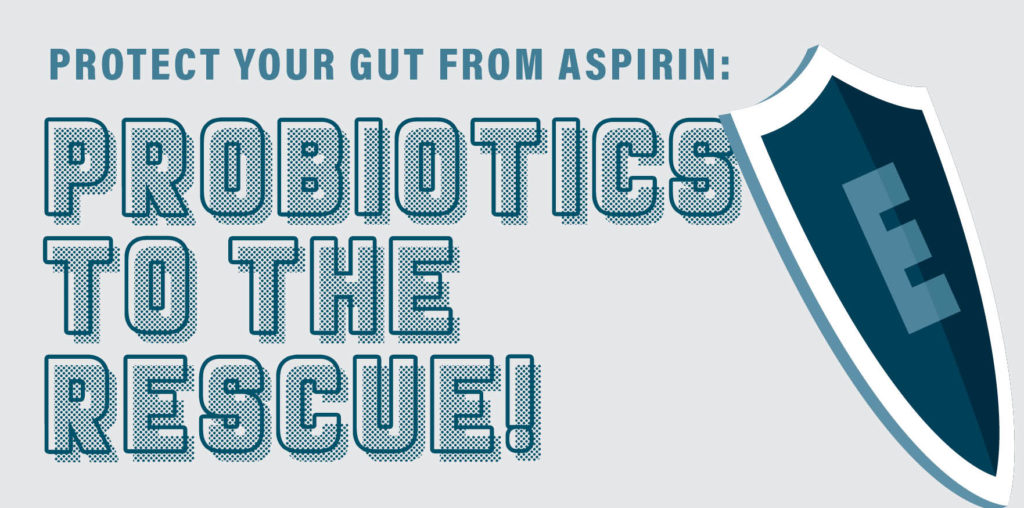Fighting Melanoma With Probiotics
Fighting Melanoma With Probiotics
Despite all of the attention we pay to other deadly forms of cancer — breast, colon, lung and prostate — melanoma should be near the top of that list too.
Melanoma makes up just 1 percent of all skin cancers, yet it is responsible for the vast majority of skin cancer deaths. What’s more, just like colon cancer, the incidence of melanoma has jumped dramatically and become more common among young people.
In recent years, we’ve learned how the state of a patient’s gut health plays a critical role in a growing number of cancers, sometimes due to the harmful use of antibiotics.
Lately, we’ve also seen how the beneficial mix of bacteria and prebiotics contained in probiotics can do a lot of good, including these latest findings from the University of Pittsburgh Medical Center (UPMC) on the use of probiotics combined with diet to boost the effectiveness of immunotherapy.
From Gut To Tumor
UPMC scientists knew that the gut was a critical factor in cancer immunotherapy (helping the body’s immune system find and eliminate cancer cells) for some patients, but not all. Yet some recent studies have found that melanoma patients benefitted from probiotic use during the immunotherapy phase of their treatments.
A research team led by senior author Dr. Marlies Meisel took a very important next step by figuring out how the beneficial bacteria in probiotics get the job done by stimulating immune cells directly in tumors with the help of diet in a study appearing in the medical journal Cell.
When Dr. Meisel and her team fed Lactobacillus reuteri to germ-free mice with melanoma, they were able to track to movement of that beneficial bacteria from the gut straight to the tumors.
Compared to a control group that never received beneficial bacteria, the tiny bodies of mice that were dosed with probiotics stimulated more potent T cells at the site of tumors by secreting a compound (I3A).
Also, when scientists supplemented the diets of probiotic mice with tryptophan (an amino acid common in chicken, oatmeal and nuts), that beneficial bacteria converted it to I3A, further strengthening the effect of immunotherapy on slowing down tumor growth and keeping those animals alive longer.
The benefits of probiotics weren’t limited to melanoma either. Probiotics moved beyond the gut to suppress the growth of other cancers including breast cancer in other mouse models.
“I think it’s empowering for patients that they could make these changes themselves — after careful clinical consideration — and have some control over their treatment journey,” says Dr. Meisel.
Safer Approaches For Treating Cancer
Fortunately, this isn’t the first documented case of tiny gut microbes making a difference in the treatment of melanoma.
In a similar study involving mice, prebiotics worked in very similar ways to stimulate the growth of immune cells, slow the growth of melanoma and help the gut to develop more anti-tumor immunity.
This recent report adds to the legacy of probiotics as a safe, non-drug approach to fortify the human gut, the center of one’s immune system.
Want to give your immune system a much-needed boost by taking probiotics?
Consider EndoMune Advanced Probiotics, formulated with 10 vital strains of beneficial bacteria from the Lactobacillus and Bifidobacterium families — at least 30 billion bacterial allies and a probiotic (FOS) that feeds your gut.
Resources
University of Pittsburgh Medical Center (UPMC)
Fighting Melanoma With Probiotics Read More »


